I went home for the summer after both first and second year, so when I stayed in Vancouver after third year to work full-time, it felt special.
I’d had full-time jobs the previous summers, but I’d been living at home and didn’t have to pay rent. This was the first time I was making money and completely supporting myself without any financial help from my parents. I found this independence satisfying—a taste of what being a “real” adult was like.
But working full-time is different than being a student full-time, and the way I had to manage my time changed quite a bit. It’s one thing to be excited about supporting yourself—it’s another thing to realize that working 40 hours a week is actually pretty draining.
Fitting life into a 9-to-5
The student schedule can be…eclectic, to say the least. You might find yourself binging on Netflix at 1 pm and frantically whipping out a paper at 1 am. The flexibility can also make it easier to squeeze in appointments and errands throughout your day, or jet off for a weekend to visit family.
Most jobs aren’t like that. Working 9 to 5 can make it difficult to schedule in a dentist appointment, and you may be disappointed to realize that the specialty boutique you wanted to check out closed 10 minutes before you could get there after work. This can be frustrating, so you may have to plan further ahead than you’re used to.
A lot of workplaces are understanding if you let them know far enough in advance about appointments or trips, but depending on your job, you might find it difficult to get time off. Try seeing which medical offices are open on the weekends, and consider if it might (finally) be time to start meal prepping for the week on Sunday night.
You’ve probably heard it before, but meal prepping really can make a difference. Eating out for lunch every day can easily cost you upwards of $60 a week, and making dinner every night can be exhausting or impossible if you have busy evenings.
All it takes is a couple hours on Sunday to prepare some food for the week. I usually aim to make enough for Monday through Thursday, and then treat myself by eating out on Friday. Knowing I have enough to eat actually considerably decreases my stress levels, and means I have more time to relax on my lunch break and in the evenings instead of searching for food!

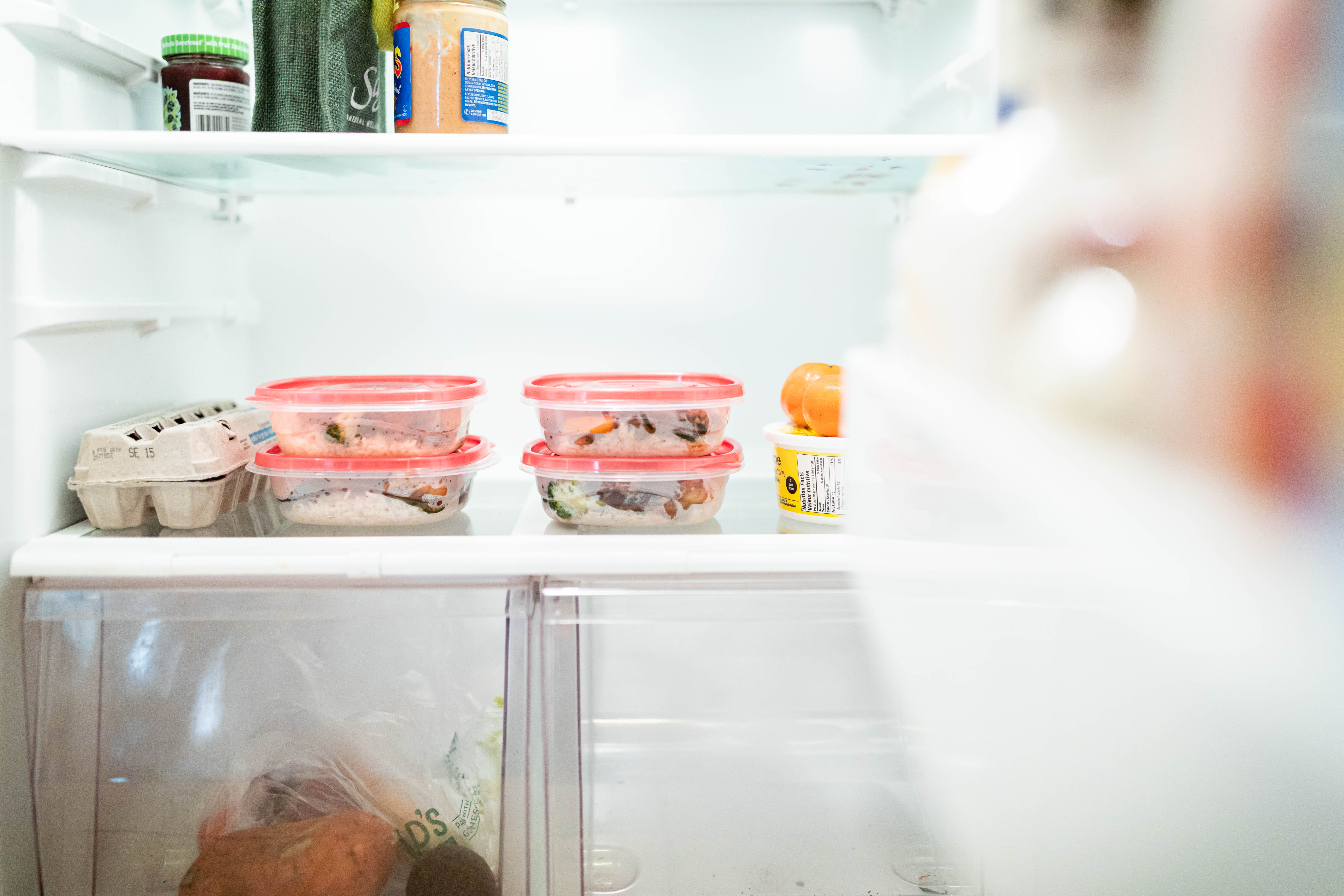
Free time? Time that’s…free?
Though scheduling appointments and feeding yourself can be tricky, you might actually find you have more free time than you’re used to. If you’re usually busy with classes, clubs, a part-time job, and all the other accoutrements of studentdom, a 40-hour work week without homework may seem luxurious. Weekends where you don’t have to study? Evenings where you can do…whatever you want?
Working a shift can be tiring, and it’s tempting to lie on your bed and endlessly scroll through Instagram when you come home. But however great your job is, you probably don’t want your summer to be only work and social media. Enjoy your evenings and weekends (or days off if you have an irregular schedule) by making time to see friends, going out to enjoy the beautiful summer weather in Vancouver, and finally starting that gym routine you’ve been thinking about all year.
If you find that a lot of your friends have left the city for the summer, the free time can get a little lonely. Stay open to making friends at your job, or consider picking up a hobby to make your evenings and weekends fulfilling. Try exploring Vancouver—there’s always tons of cool events and things to do over the summer.
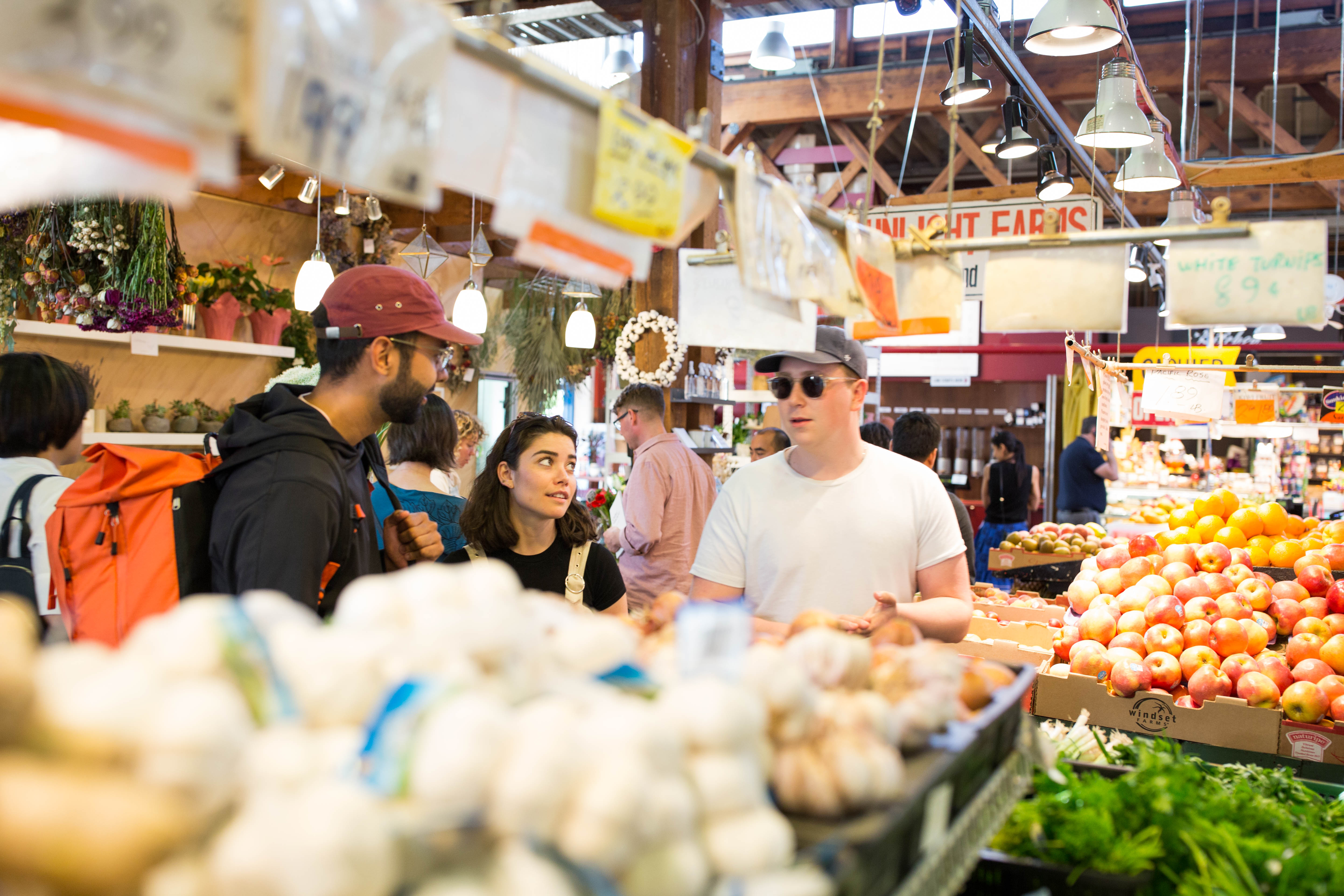

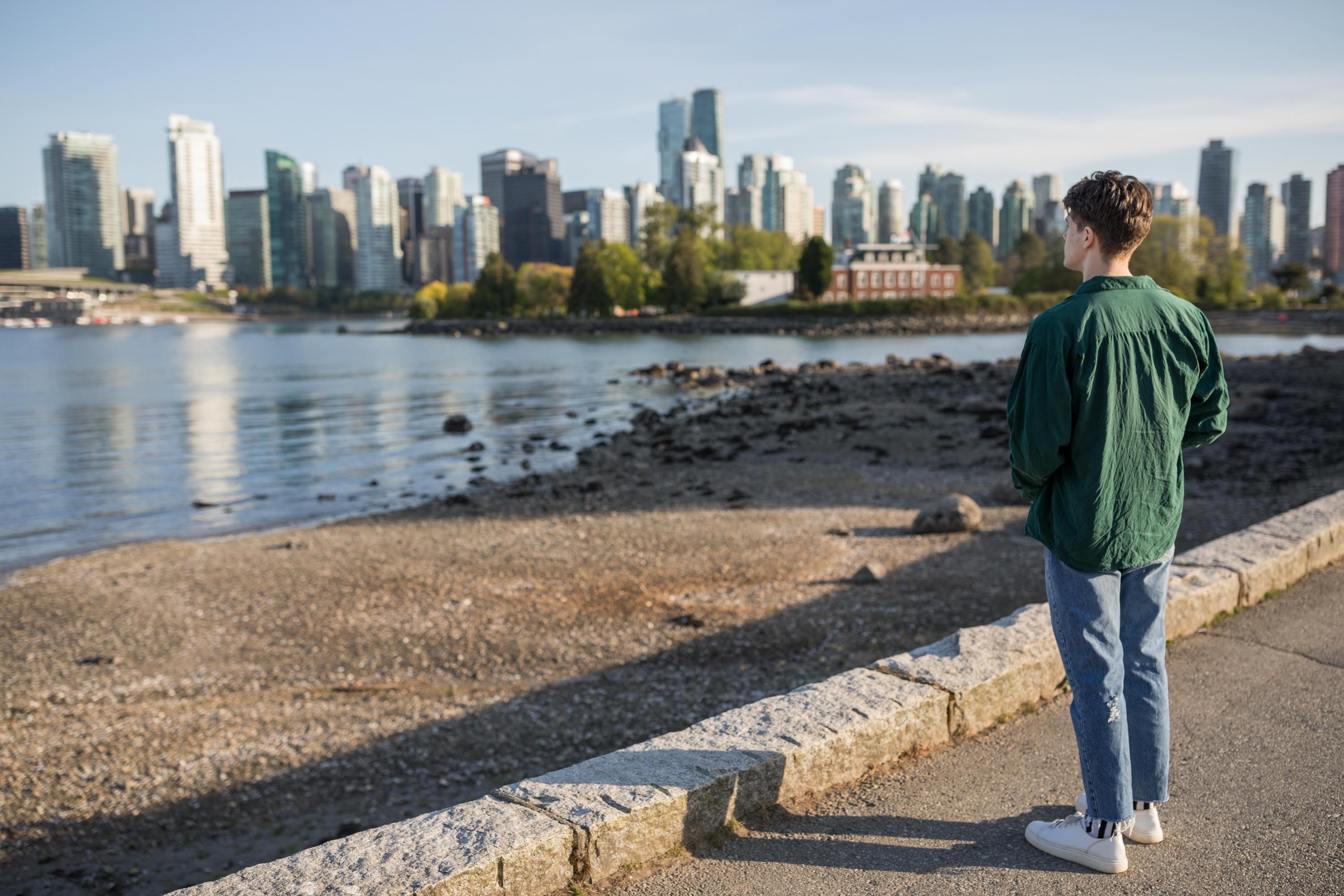
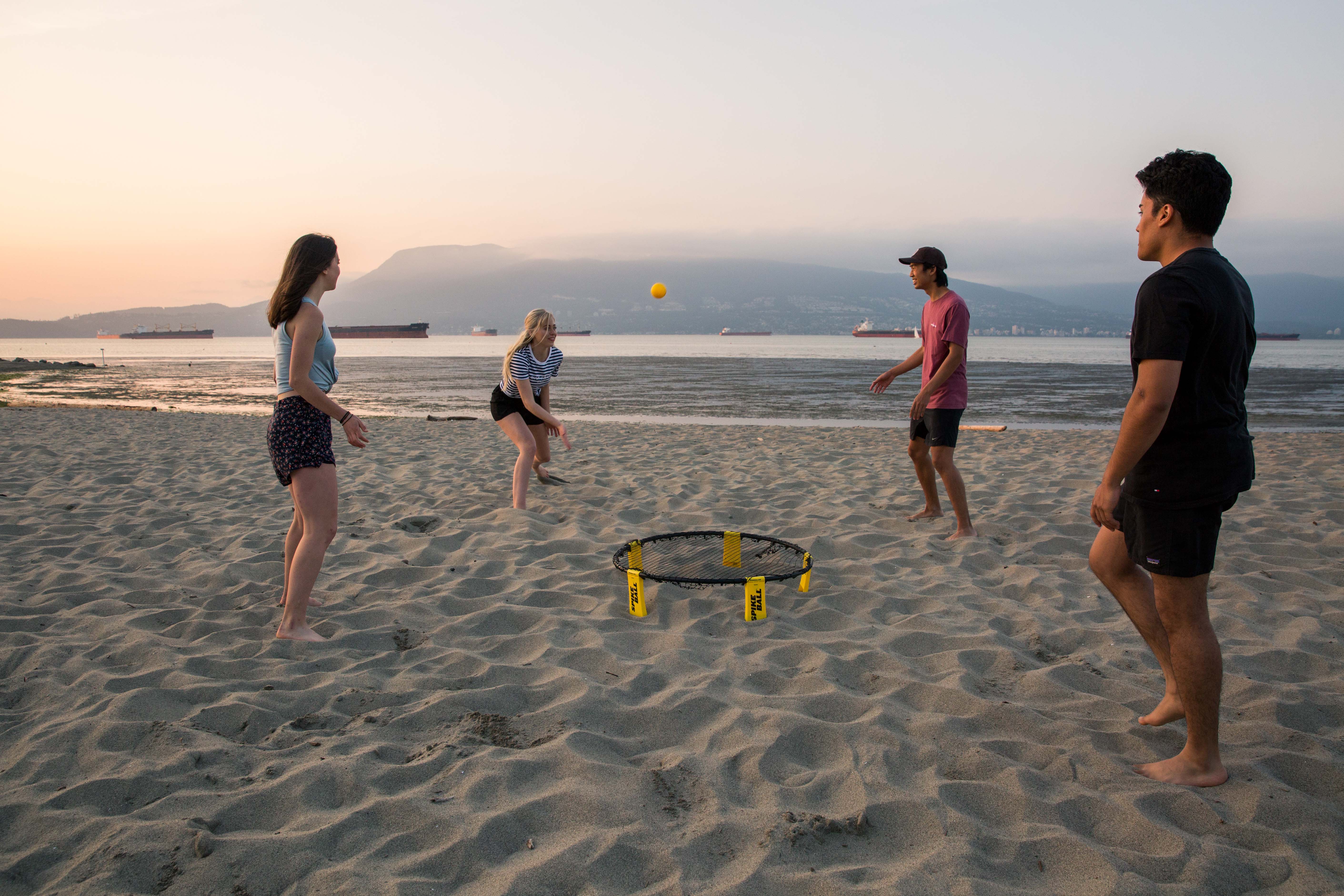
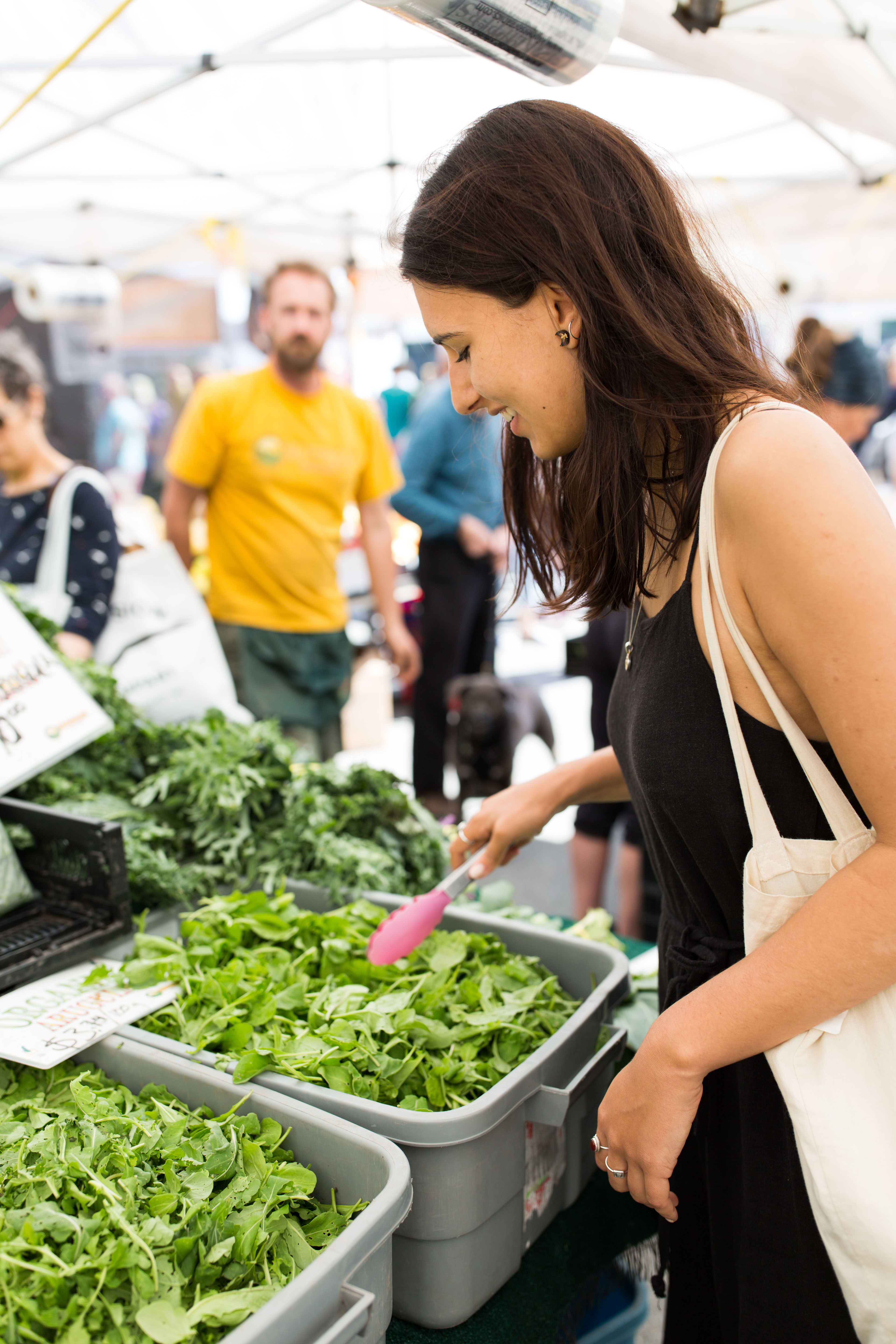
Entry-level jobs: the good and the bad
The truth is, a lot of the entry-level positions you’ll be getting as a student are not going to be the gratifying jobs of your dreams. If you find yourself in a situation where your job doesn’t give you all that much satisfaction, making time for the things you do love before and after work becomes extra important.
Even if your job isn’t in the field you want to go into, you can still use it to make connections for future references, gain versatile skills that you can apply to future jobs, and gain insight into what kind of worker you are. The whole “making money” thing definitely helps, too.
Having a steady income from a full-time job can be exhilarating, and seeing a direct deposit into your bank account every two weeks can make it feel like you have money to burn. Don’t go too overboard, though—Vancouver is an expensive city, and it’s worth saving up as much as you can for the year ahead!



